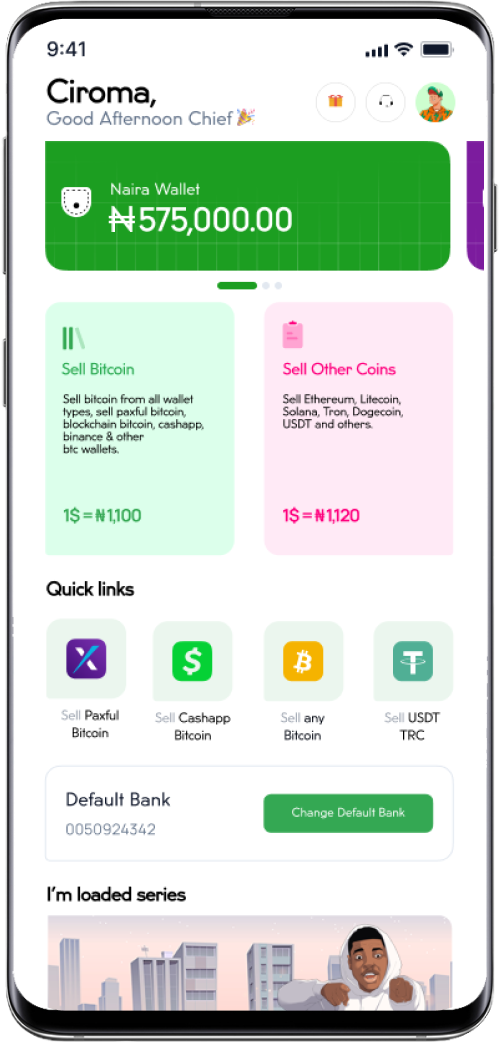Engaging with Virtual Assets carries several inherent risks. Below, we highlight what we consider the most significant risks, but
please note that this list is not exhaustive.
Other unforeseen risks may also affect your use of services related to Virtual Assets. Additionally, Virtual Assets are not regulated
with the same safeguards or customer protections typically available with traditional financial services.
Please carefully review and consider the following risks:
Market Risks
The value of Virtual Assets is highly volatile and subject to frequent fluctuations. These assets can experience substantial decreases in value and may even become worthless due to market changes. Unlike government-issued currencies, Virtual Assets rely on technology and public trust, with no central authority (such as a central bank) to intervene in times of crisis. As such, the use of Virtual Assets can lead to significant and rapid financial losses. You should never invest more than you can afford to lose, and it is especially important not to use funds from savings, loans, or emergency reserves.
Liquidity Risk
Under certain market conditions, it may be difficult or impossible to liquidate a position at a reasonable price. For example, if the market for a specific Virtual Asset experiences a sudden drop or if trading is suspended due to news or changes in the asset's underlying system, you may not be able to convert your assets quickly or at favorable terms.
Unforeseen Events
Virtual Assets are still evolving and do not have a long-term track record to provide assurances of stability. Technological advancements or the creation of new and superior Virtual Assets could significantly impact the value of existing ones. As such, you may experience sudden and substantial changes in value due to technological developments or other unforeseen events that affect the market.
Operational and Cybersecurity Risk
Services related to Virtual Assets are digital, and as such, Virtual Assets are susceptible to cybersecurity threats. This includes risks from hackers, malware, and system glitches. All Virtual Asset transactions are irreversible, making these risks particularly concerning if a breach or attack occurs.
Underlying Technology Risk
The blockchain network, which underpins many Virtual Assets, is decentralized and not controlled by any single authority. Load Africa does not own or control the underlying protocols governing Virtual Assets. Changes to these protocols or the occurrence of system attacks may alter the functioning or value of the asset. These changes may include "forks," "airdrops," "rollbacks," or other modifications, which can have a direct impact on the value or operation of the Virtual Asset.
User Data Policy
Virtual Assets are alternative forms of currency and are not recognized as legal tender by governments. While some jurisdictions have
started regulating them, there is no global consensus on how to treat Virtual Assets. This lack of regulation creates the risk that
Virtual Assets may be subject to restrictions, bans, or other regulatory actions, which could negatively impact their value.
Given these risks, it is important to carefully assess whether engaging with Virtual Assets and using our services is appropriate for
you, considering your financial situation and risk tolerance. Load Africa does not accept responsibility for the risks associated with
Virtual Assets, including the risks outlined above




